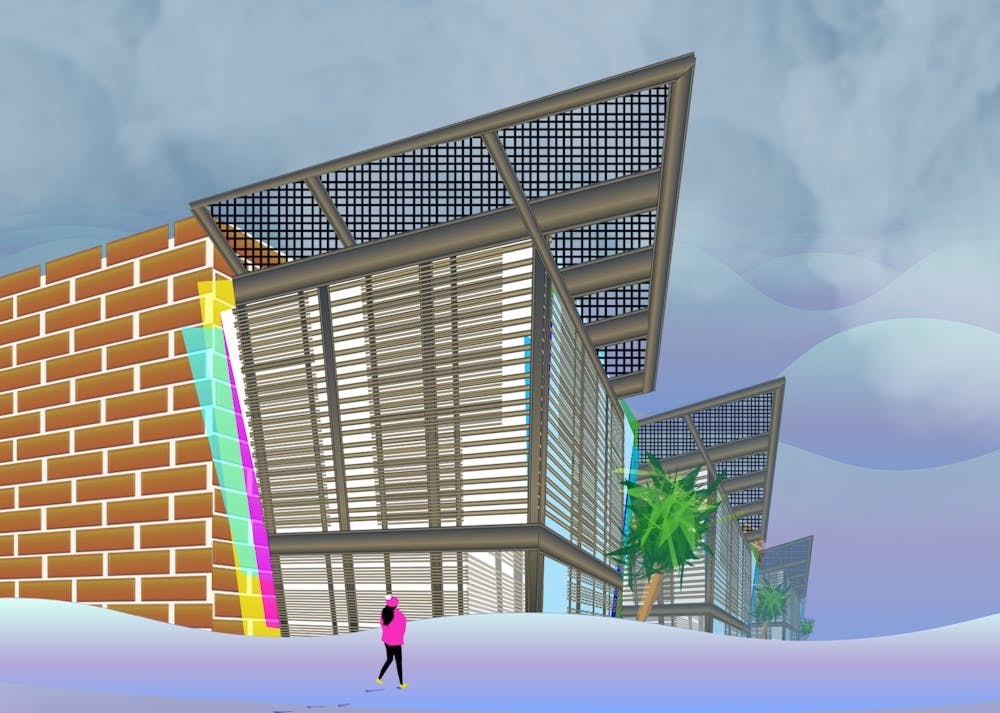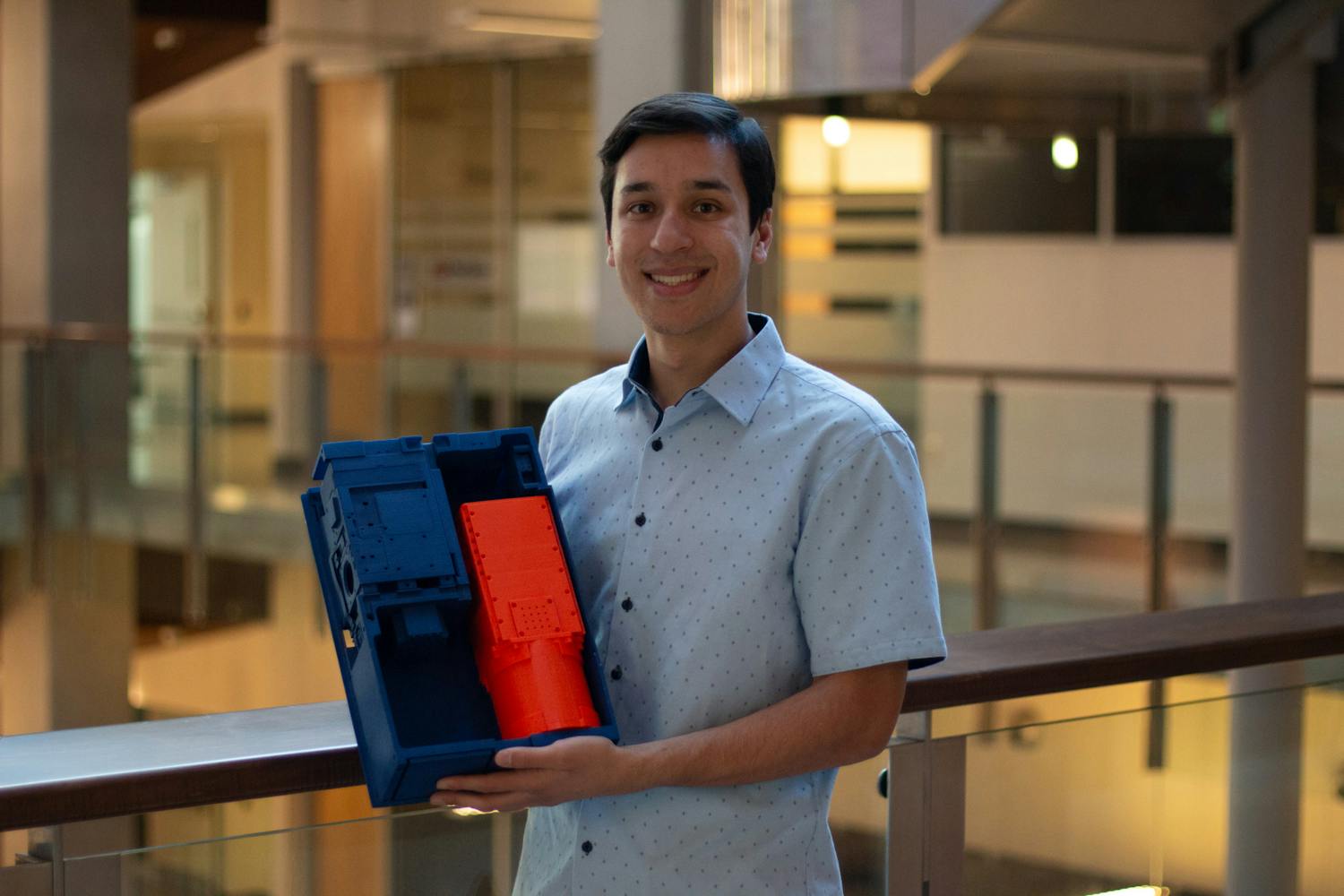This year, stress and loneliness caused by the pandemic, election anxiety, uncertainty for what the future holds, and seasonal affective disorder all mix together for an overwhelming concoction of mental health issues.
Seasonal affective disorder, commonly referred to as seasonal depression, most often occurs during the colder months and is associated with mood changes and feelings of loneliness, depression and anxiety, according to a description by Mayo Clinic. The National Institute of Mental Health estimates that millions of Americans suffer from the disorder and that many have milder conditions.
Still, more than 264 million people suffer from depression globally, according to the World Health Organization.
To combat the effects of additional stressors added to the yearly change of seasons, student organizations that aim to support the University community’s social and emotional well-being, as well as ASU Health and Counseling Services, are encouraging students not only to seek help when needed but also to check in on one another more often.
READ MORE: Students are just trying to get by
Gregory Carnesi, a junior studying psychology and president of Active Minds, a student organization that aims to reduce stigma around mental health, said the group meets weekly to discuss their own mental health and learn about things like self-care.
"Active Minds is as much a club as it is a community," Carnesi said. "Something that we always really focused on was giving people a place to return to."
While Carnesi spends a lot of time supporting members of his community through Active Minds, he said he also struggles with depression and anxiety, feelings that are amplified through the winter, and this year, the pandemic and election.
"It has been very difficult, for me at least, to maintain connections because on top of all of the stresses with classwork, extracurriculars and jobs, there is an additional component of everything being online," Carnesi said. "Frankly, it's overwhelming."
Emily Hinsberger, a junior studying psychology and nutrition and president of Devils 4 Devils, a peer-led organization that focuses on empathy and mental health, said the uncertainty of the world's future is a "very big struggle."
"Even after the election, I still kind of feel like the world is on fire," Hinsberger said. "There is still a lot that I feel needs to be done in our country, and personally that has taken a lot out on my mental state."
However, Hinsberger said seeing the interest students have shown in Devils 4 Devils makes her feel better about the future.
"One of the things that gives me hope is definitely the presence I've seen and the interest I've seen in students reaching out ... and wanting to know how they can be better friends and confidants for their peers and other people they meet in their lives," Hinsberger said. "Students are really making that jump to want to help and I think that really brings home this sense of hope."
Aaron Krasnow, associate vice president and director of ASU Counseling Services, said identifying mental health issues in others is challenging right now, considering the virtual format the world operates on currently.
"Imagine everybody, instead of walking around at a two level of stress, what if everybody is walking around at a six or an eight? How would you see a difference?" Krasnow said. "And you're spending less time physically in the presence of others, so you can't even pick up on the same social cues."
Krasnow said although it is difficult, everyone needs to make more of an explicit effort in checking in on their peers in meaningful ways and have honest conversations with one another about how they are truly doing.
"Make a commitment to yourself too, if you can and if you're willing, ask more real questions and give more real answers," Krasnow said. "By modeling that over time, you would encourage more people to be open about their concerns with people that truly care for them."
Reach the reporter at kkwilso5@asu.edu and follow @kaceywilson_ on Twitter.
Like The State Press on Facebook and follow @statepress on Twitter.




